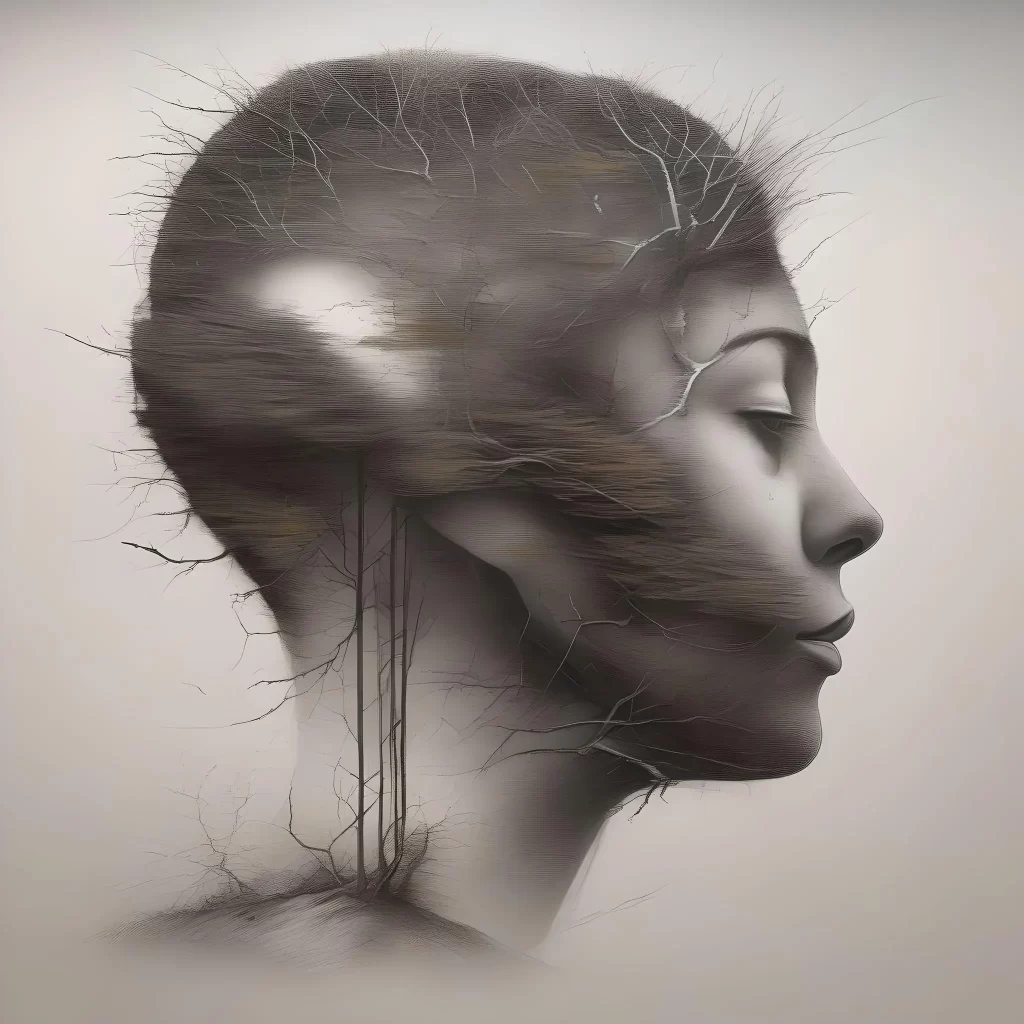Having worked closely with young boys in anger management groups, I’ve come to recognize the intricate web of emotions that often lies beneath the surface. Yet, despite our best intentions with widespread mental health awareness, many of these boys continue to slip through the cracks – their mental health needs overlooked and misunderstood. This silent epidemic demands our attention—a call for empathy, understanding, and trauma-informed care.
Recent statistics from an NBC News article underscore the urgency of this issue, revealing alarming rates of depression and anxiety among teenage boys. Unlike girls, boys often express their distress through behaviors like aggression, silence and risk-taking, making their struggles less visible and easily dismissed. This underdetection and undertreatment of mental health problems in young men is concerning, leaving many to suffer in silence.
Self-Fulfilling Prophecy: The Unseen Dangers of Ignoring Signs
In my experience working with young boys, one glaring issue stands out: the misinterpretation of symptoms. Boys often express their internal struggles through outward behaviors like aggression, silence, irritability, and defiance. These signs, however, are frequently dismissed as typical teenage behavior or labeled as troublemaking. But beneath the surface lies a different story—one of pain, confusion, and unmet needs.
Several years ago, I ran a group for teenage boys at a school district in east side San Jose, California – the area was plagued by socioeconomic challenges and gang-related violence. The boys that participated in my group were identified as defiant and disruptive, with a history of the most disciplinary actions and academic struggles. Initially, their behaviors seemed impenetrable barriers, but as our sessions progressed, I uncovered a deeper truth.
These boys had internalized society’s perception of them, viewing themselves through the lens of labels like “troublemaker” or “bad kid” – reinforcing their sense of worthlessness and alienation.
They were invisible even though their disruptive behaviors garnered massive attention – from school staff, parents and peers. This was the “love” they knew.
They, too, have learned to dismiss their own emotional needs. Their disruptive behaviors were not innate but learned responses to their environment—a cry for understanding and support. To reach them, I had to look beyond their actions, show them respect and dignity and ultimately address the underlying trauma driving their behavior.
Behind the Aggression
What lies beneath the surface of teenage aggression? Contrary to popular belief, anger is often a mask for deeper emotional pain. Boys who lash out may be struggling with unresolved hurt or trauma, seeking control in a world that feels chaotic and unpredictable. Their anger becomes a shield, protecting them from vulnerability and masking their inner turmoil. What’s more, they, themselves, are often not even aware of this.
As a society, we must recognize that anger and aggression is not synonymous with strength or hostility—it’s a symptom of unmet needs and possibly unresolved trauma. By adopting a trauma-informed approach, we can become more empathetic by asking questions such as, “what happened to them to behave like this?” and create more psychologically safe spaces for boys to develop better emotional IQ and learn to express their emotions in constructive and adaptive ways while receiving the support they desperately need.
Breaking the Stigma
Navigating adolescence is challenging enough, but for young boys grappling with mental health issues, it can feel like an uphill battle. Dismissing boys’ mental health concerns is a serious issue because it perpetuates a cycle of suffering, isolation, and potential long-term consequences. When we overlook or trivialize their needs, they may internalize feelings of shame, inadequacy, and worthlessness. Without proper intervention and support, these unresolved issues can escalate, leading to more severe mental health challenges such as depression, anxiety disorders, and even homicidal and suicidal ideation.
Moreover, dismissing boys’ mental health needs perpetuates harmful gender stereotypes and stigma surrounding mental illness. Boys may feel pressured to conform to rigid societal expectations of masculinity, suppressing their emotions and denying themselves the opportunity to seek help. This reluctance to acknowledge and address mental health concerns can have devastating consequences, perpetuating a culture of silence and suffering.
In essence, dismissing boys’ mental health not only undermines their immediate well-being but also jeopardizes their long-term mental and emotional development. It’s imperative that we recognize the gravity of this issue and take proactive steps to prioritize boys’ mental health, providing them with the support, understanding, and resources they need to thrive.
There’s more work to be done to dismantle the stigma surrounding male mental health and encourage open dialogue and support. Boys need role models who demonstrate that it’s okay to ask for help and prioritize their well-being. By destigmatizing mental health discussions, we empower boys to recognize how self-advocate – to speak up and seek the support they deserve and break free from the chains of silence and shame.
Conclusion
It all begins with empathy—an unwavering commitment to understanding and compassion. Trauma-informed care offers us a roadmap for all programs. As we confront the silent epidemic of male mental health struggles, let us remember that we all have a role to play in this paradigm shift. By embracing empathy, understanding, and trauma-informed care, we can create a world where every boy feels seen, heard, and valued.
By creating a culture of trauma-informed practices, we, as a society, not only become better at recognizing mental health needs, but we teach young boys how to advocate for themeselves as well. Trauma-informed principles must be integrated into old and new programs that are meant to help rehabilitate and restore balance in our communities.
I invite you to join the conversation and share your thoughts. How can we cultivate a culture of empathy and understanding to support young boys’ mental health?
Get Help
You don’t have to navigate the healing journey alone; professional support is available to guide you every step of the way. At Optimind Counseling, our team offers trauma-informed care through workshops, group support, and personalized therapy to address your unique needs. Reach out to learn how we can support your path to healing.
About the Author
Albert Nguyen is a psychotherapist dedicated to enhancing mental health through Optimind Counseling. Specializing in anxiety, depression, and peak performance, Albert and his team offers an eclectic and integrative approach tailored for children, teens, and adults. Discover transformative mental health care and start your journey today. Connect with Albert and his team for a personalized path to mental wellness here.






